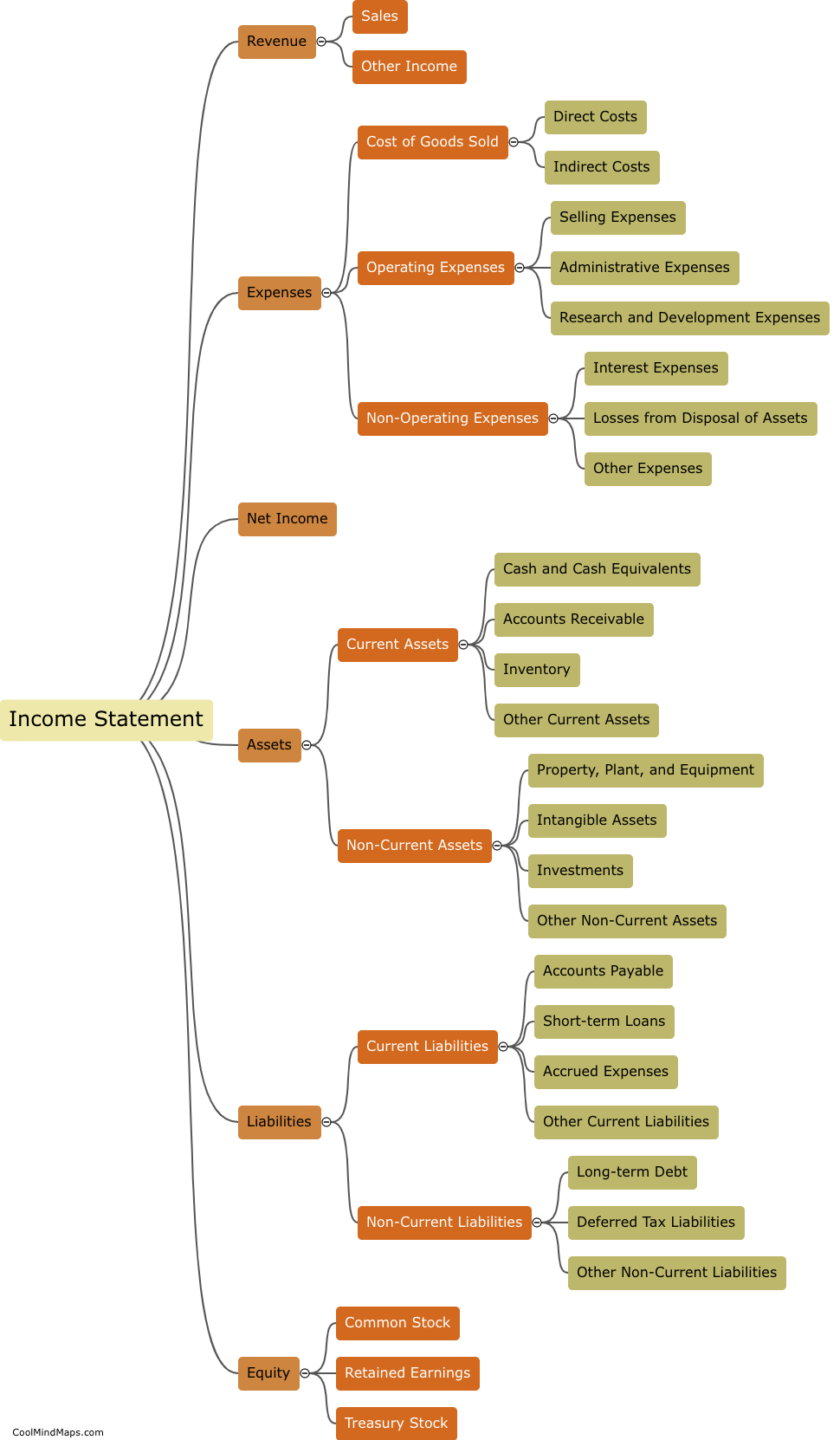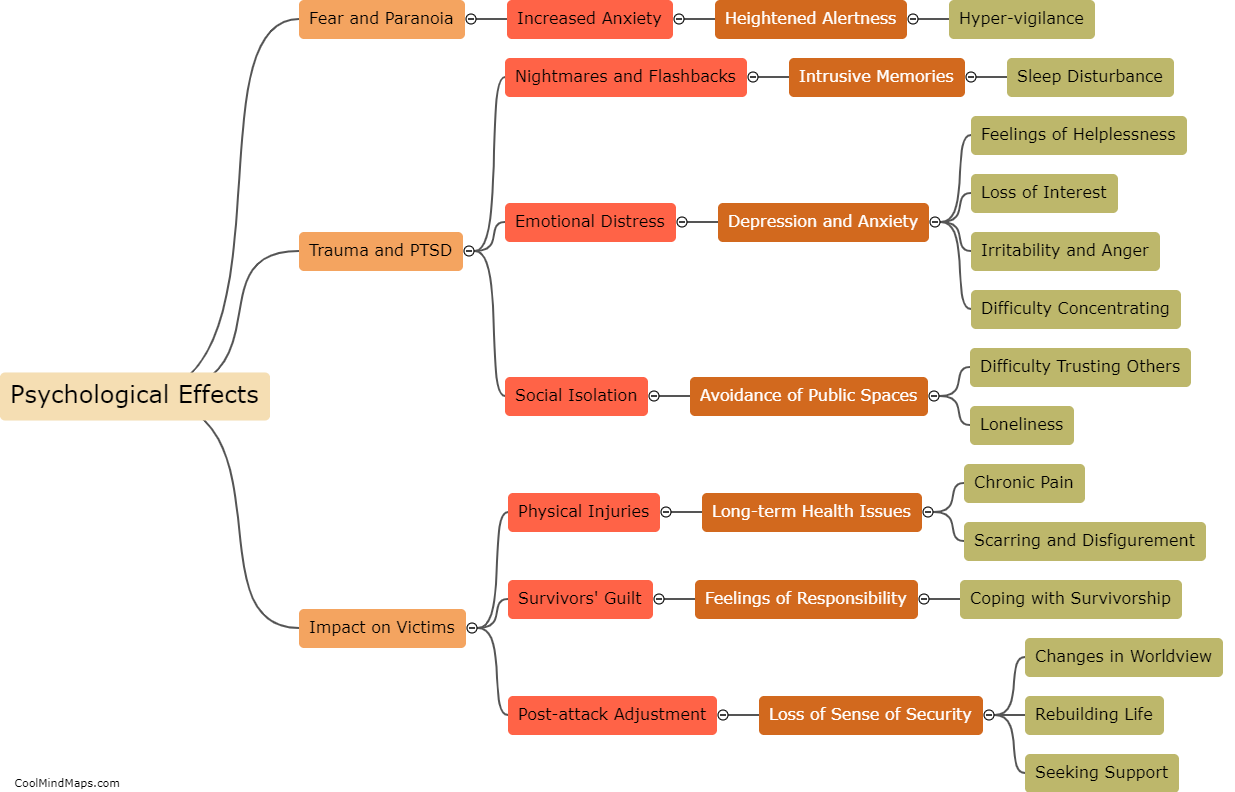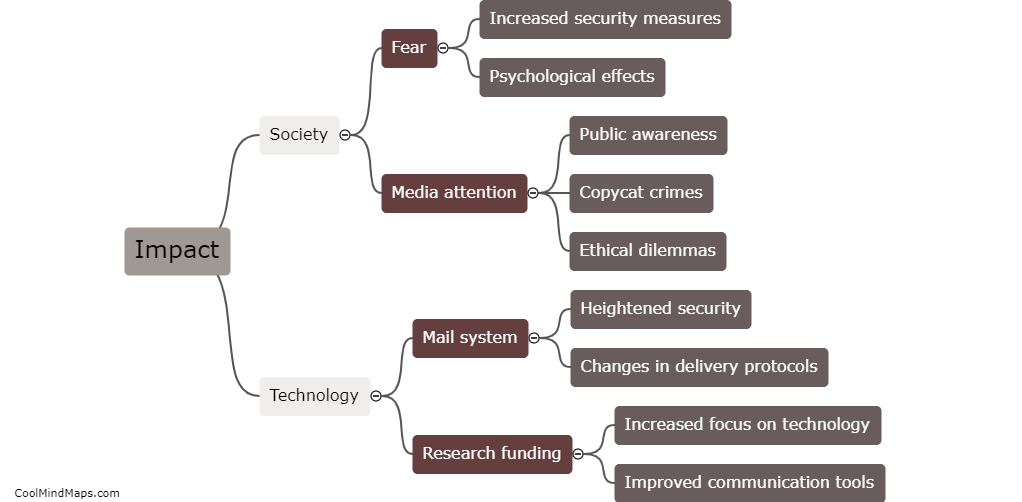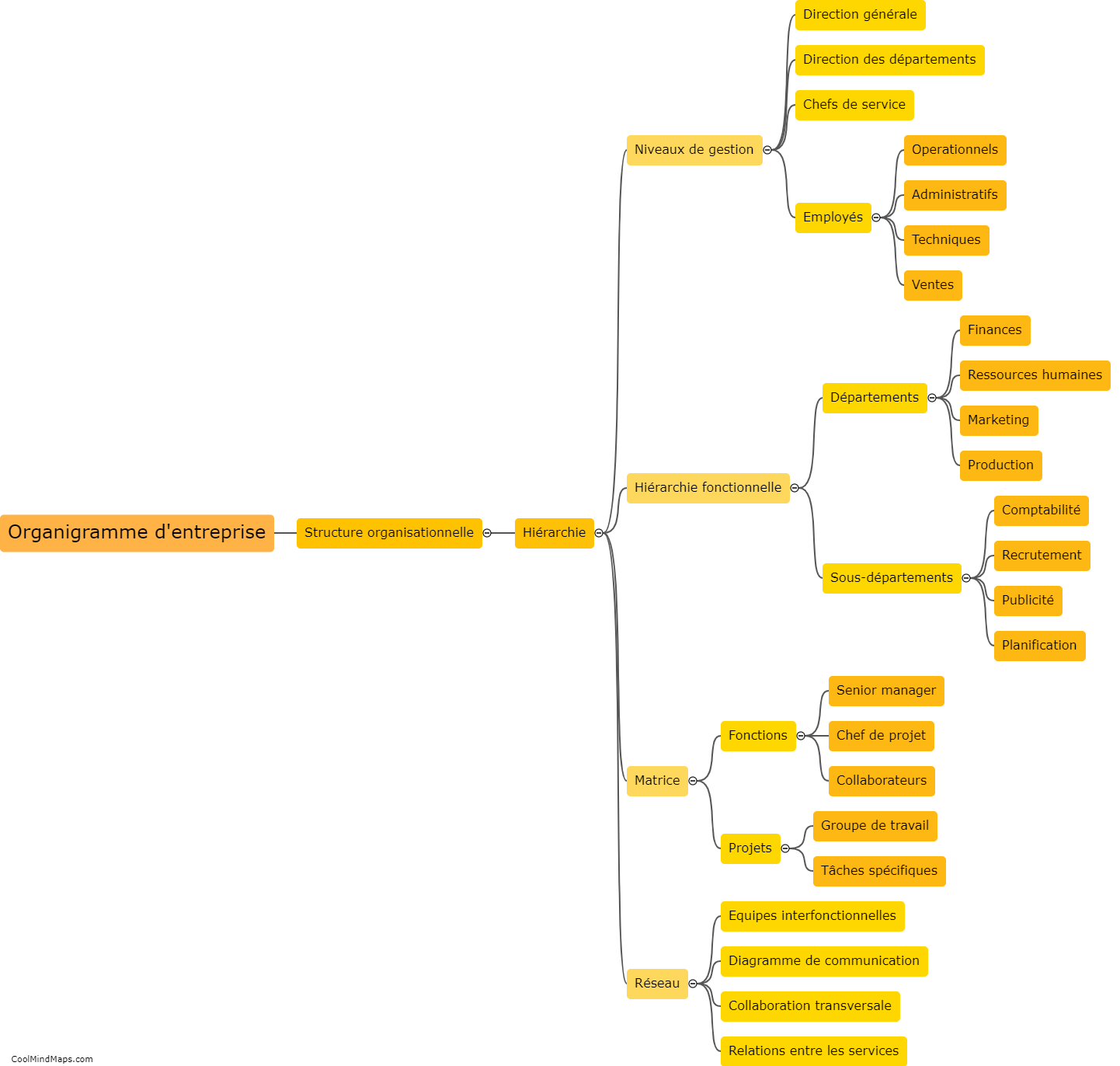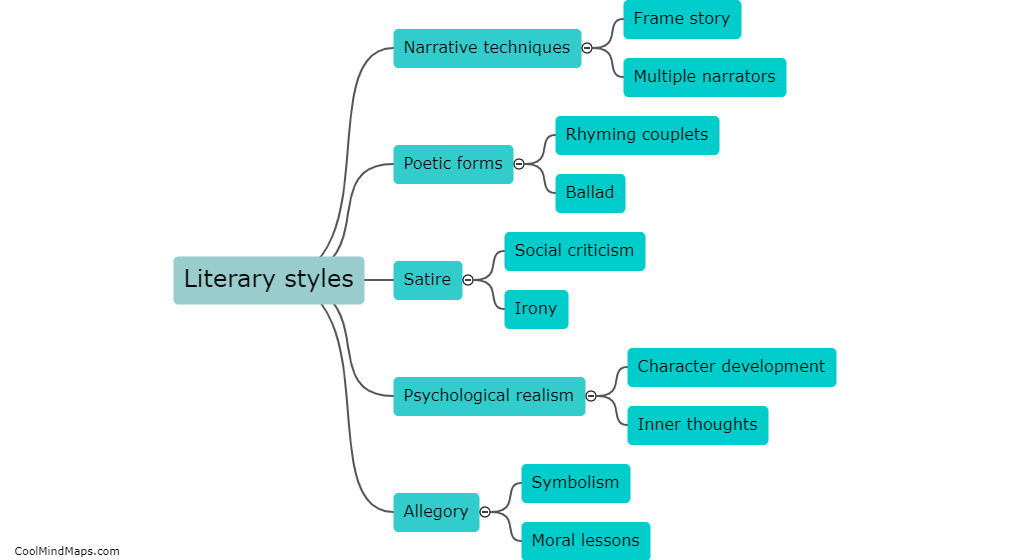What are biomolecules?
Biomolecules are the fundamental organic compounds present in living organisms. They are large, complex molecules that perform various essential functions in cells and organisms. The four main types of biomolecules are carbohydrates, lipids, proteins, and nucleic acids. Carbohydrates serve as a primary source of energy and structural support. Lipids play a crucial role in energy storage and insulation, while also forming cell membranes. Proteins are involved in almost all cellular processes, such as enzymatic reactions, transportation, and immune responses. Nucleic acids, including DNA and RNA, store and transmit genetic information. Overall, biomolecules are the building blocks of life and are critical for the proper functioning of cells and organisms.

This mind map was published on 21 September 2023 and has been viewed 123 times.




